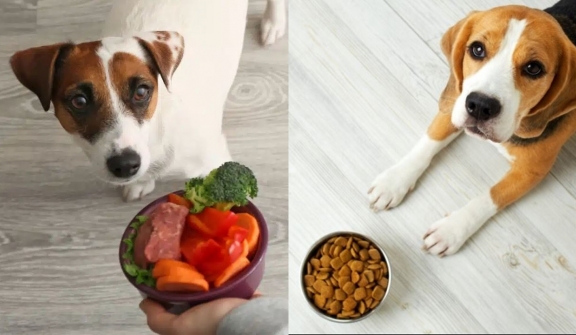
According to pet business insurance specialists at Protectivity, many people are aware that consumables like chocolate can be toxic for our canine friends, and a much longer list of foods can cause serious problems for dogs' health that animal lovers need to avoid.
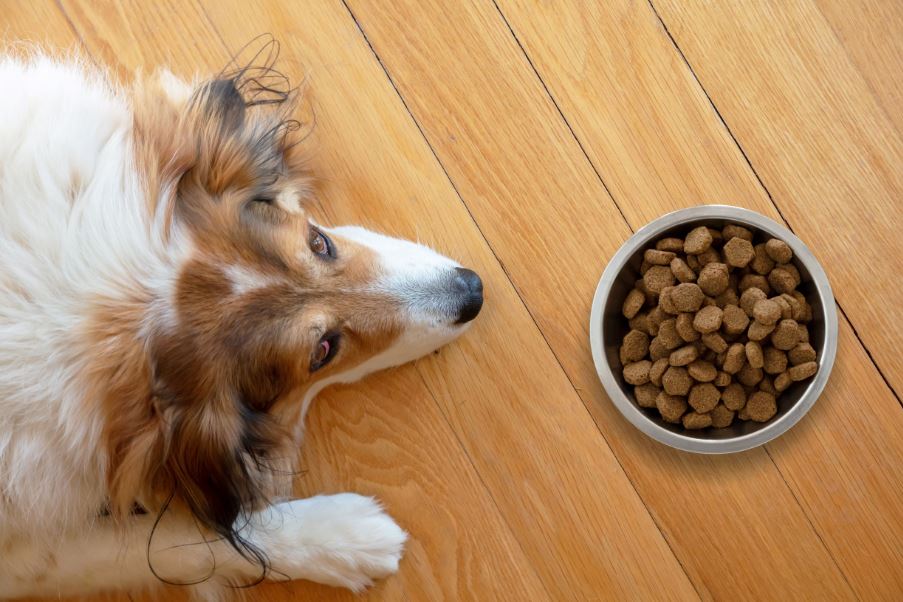
This time of year, several dog lovers are opting for healthy alternatives to fatty snacks, many of which can be harmful to a dog's health, including raisins, grapes, and nuts.
The list also includes macadamia nuts, onions, garlic, xylitol (found in chewing gum), and dairy products.
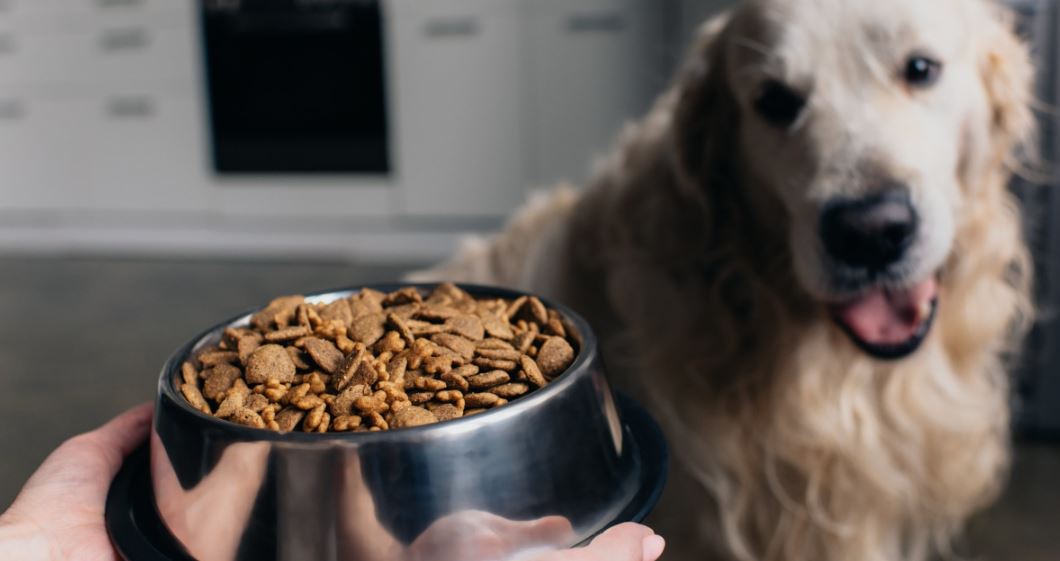
According to the experts: 'This time of year can be full of hazards for pets as owners juggle festive leftovers and changes to their diet - especially if they resolved to eat healthier in the new year.'
According to the experts at Protectivity, the best way to prevent your pooch from getting their paws on the wrong items is by educating yourself on what can make them ill.
Then, the next urgent thing they should do is keep hazardous foods out of the dog's reach.
According to the experts at Protectivity, grapes, and raisins, commonly found in New Year's diets, may seem harmless as they are fat-free and nutrient-dense.
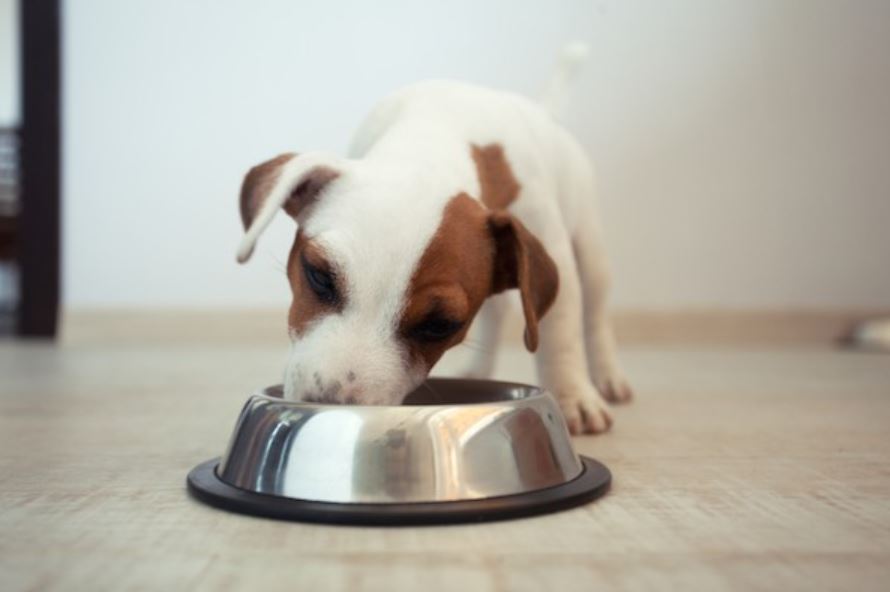
They also warn that small grapes and raisins can cause kidney stones in dogs.
Additionally, similar to grapes and raisins, other foods, including macadamia nuts, often consumed as a pre-gym snack by diet-conscious individuals, can cause weakness, vomiting, and hypothermia in dogs.
Onions and garlic, staples in home cooking, pose a significant threat to dogs. They are toxic in all forms, whether powdered, raw, dehydrated, or cooked. These ingredients cause weakness, vomiting, and hypothermia in dogs.'
According to the experts, onions and garlic are 'toxic for dogs in all forms (whether powdered, raw, dehydrated, or cooked). These ingredients can destroy a dog's red blood cells and lead to anemia in dogs.
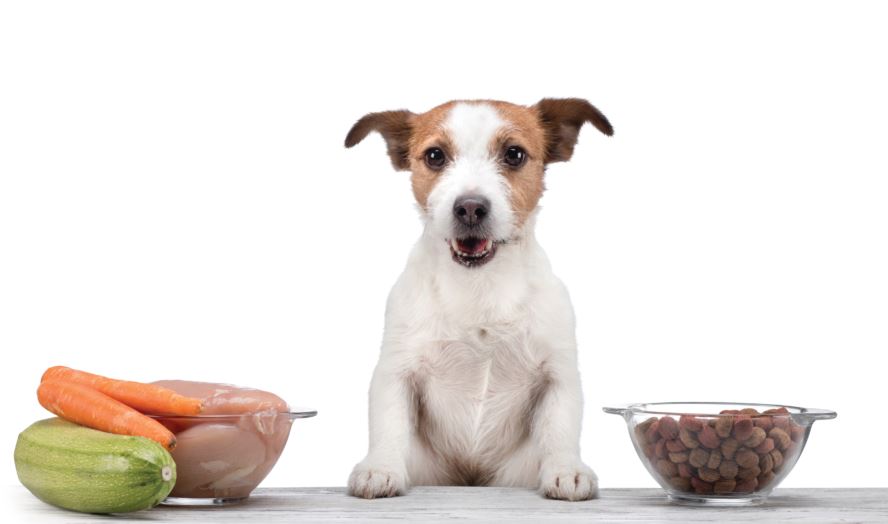
While people trying to eat healthier are often encouraged to consume gum to curb cravings, gum containing the sweetener xylitol can be dangerous for dogs. When ingested by dogs, xylitol causes a rapid insulin increase that can lead to hypoglycemia.
According to the expert, many dogs are lactose intolerant and will experience digestive problems if they consume dairy.
They explained that: 'Many dogs are lactose intolerant and will experience digestive problems if they consume dairy.'

Speaking about the dangers during this time of year, a Protectivity spokesperson highlighted the importance of keeping problem foods out of reach and setting boundaries with dogs. This applies not only to dog owners but also to professionals working with dogs, such as dog groomers or dog walkers.
They also explained that furry friends can have access to excess food left over from the festive period, so these actions can be dangerous for dogs.
They warn the dog's owner: "It's important to remember that food that is healthy for you isn't always good for them."
In conclusion, being aware of the foods that can be harmful to dogs is crucial for responsible pet ownership. By staying informed, keeping hazardous foods out of reach, and making the correct choices to protect the dogs.




